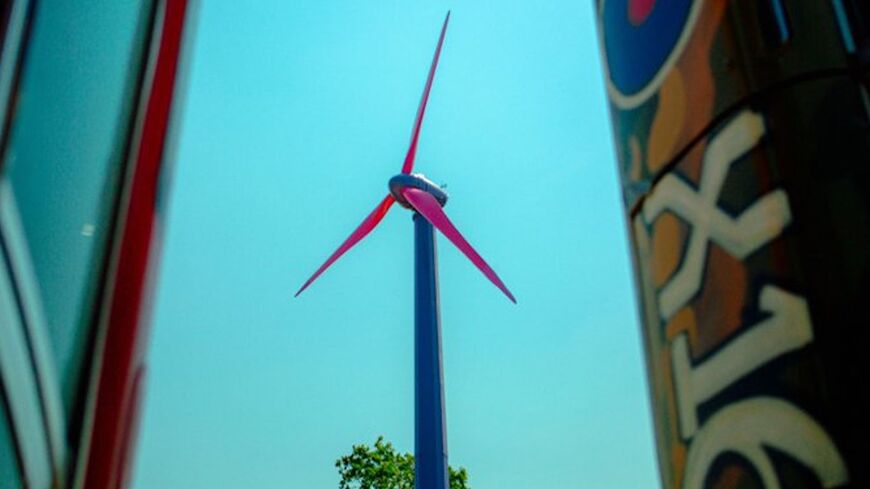
Jack Dutton.
October 18, 2023
LONDON — The Xlinks project — the world’s longest interconnector undersea cable linking Morocco’s solar energy grid to Britain’s and going through French, Portuguese and Spanish waters — will generate “real value” for the North African country, CEO Greg Jackson of UK-based Octopus Energy said on Wednesday.
The project will use electricity generated in the Guelmim Oued Noun region of Morocco by a 10.5-gigawatt facility of solar and wind farms, supported by 20 GWh/5GW of battery storage. The southeast Guelmim Oued Noun region is in the disputed territory of Western Sahara.
The electricity will connect to the UK’s power grid in Devon, southwest England, via four 3,800 kilometers of subsea high-voltage direct current cables, which will be manufactured in Britain.
Octopus Energy announced a £5 million ($6.8 million) investment into the Xlinks or “Morocco-UK Power Project” in May. A further £35 million was secured from Abu Dhabi National Energy Company.
CEO Jackson said there were two main reasons why his company is backing the project, which is named after Xlinks First, the company developing the interconnector.
“One is, I think long-distance interconnectors are the future. They’re going to be as normal as internet connections sooner or later,” Jackson told Al-Monitor on the sidelines of the Energy Intelligence Forum in London. “The second thing is we like the shape of the power that we’ll generate, so very helpful to have essentially 365 days a year, totally predictable, that we can then use to translate to charge electric vehicles and run heat pumps in the winter.”
However, there has been skepticism toward the project as there are many hurdles to jump over. Xlinks estimates it will cost between £20 billion and £22 billion, no small number that will require much more funding. Xlinks also needs to be granted permission to run through French and Spanish waters.
Furthermore, Morocco is a water-scarce country and a large amount of water will be needed to clean the panels. Xlinks insists that no one is living on the land they intend to use for the project, and it’s working on water desalination initiatives that will leave a net surplus of water in the area.
Asked whether there were any concerns about water scarcity in Morocco when maintaining the project, Jackson said, “If you want to stop stuff, you can always look for an issue, but I think Morocco is going to suffer a lot more from climate change if we don’t build projects like this. It’s an export industry that will generate real value for Morocco.”
The first-of-its-kind project, announced last year, is expected to provide 3.6GW of renewable energy capacity for an average of 20 hours a day, amounting to 8% of the UK’s current requirements and enough to power 7 million British homes by the end of the decade.
In September, Britain designated the Xlinks project one of “national significance,” a move that is likely to help ease planning and funding the infrastructure.
Ties between Britain and Morocco have grown in recent years. A trade deal in 2019 was one of the first since the UK voted to leave the European Union in June 2016. Since then, the countries have been signing a spate of partnerships across multiple sectors, including education, transport and renewable energy.
The war in Ukraine and high inflation have left Britain vulnerable to soaring energy prices, and London has been looking to diversify away from its previous partner Russia, which was sanctioned by the West for invading its neighbor.
